Corporate accountability and regulation
Corporations are responsible and should be held accountable for the impact of their business activities on people, societies and the environment. A growing number of initiatives and standards try to stimulate corporate accountability, from corporate codes of conduct and certification schemes to the OECD Guidelines for Multinational Enterprises and the United Nations Guiding Principles on Business and Human Rights. SOMO evaluates the effectiveness of these initiatives by examining the degree to which they actually contribute to responsible corporate behaviour, corporate accountability, and access to remedy. Our conclusion – based on more than thirty years of research on corporate accountability – is that voluntary initiatives and guidelines fall short. Firm measures are needed to ensure that businesses respect human rights, labour rights, and the environment, and that victims of abuse obtain the remedy they deserve. For this reason SOMO advocates for binding enforceable regulations and laws, effective judicial and non-judicial grievance mechanisms, and a strengthened international legal framework to protect human rights in the context of business operations.
Overview of articles
-
Amazon finally sued for its illegal monopoly powerPosted in category:Opinion
 Margarida SilvaPublished on:
Margarida SilvaPublished on: Margarida Silva
Margarida Silva -
Carbon Offsets: the ‘go-to’ industry for big business greenwashing needsPosted in category:Opinion
 Audrey GaughranPublished on:
Audrey GaughranPublished on: Audrey Gaughran
Audrey Gaughran -

-
A little downstream goes a long way Published on:Posted in category:Publication
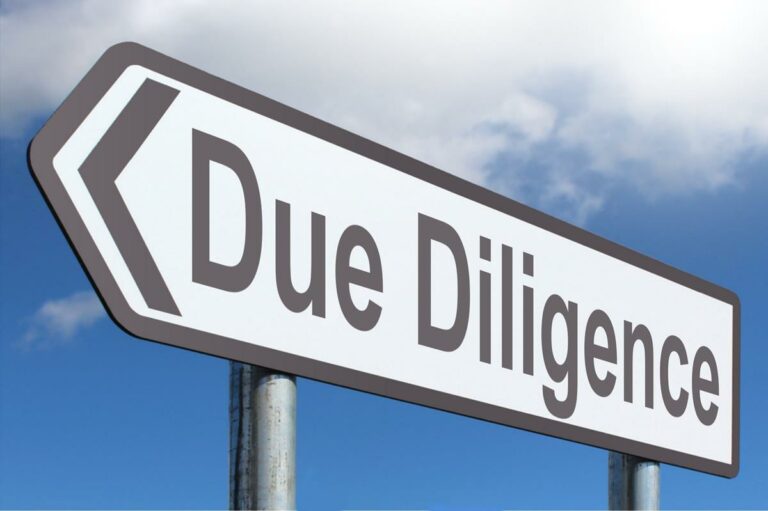
-
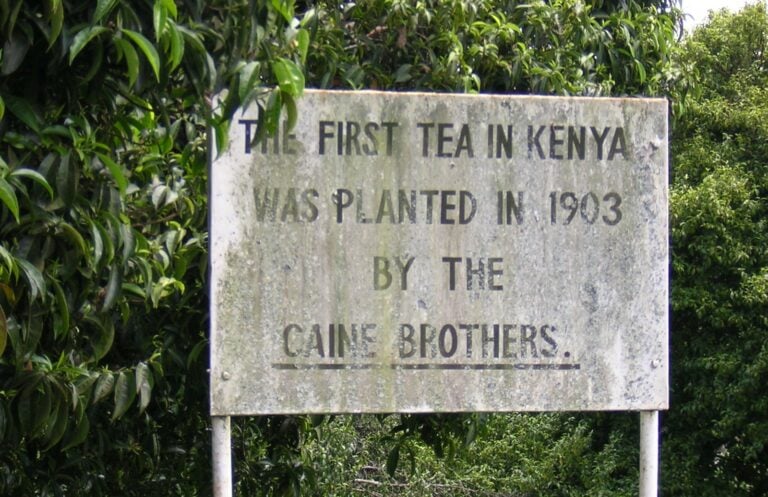
-
New UK legal case on Niger Delta oil spills – a litmus test for justice in the energy transitionPosted in category:Opinion
 Audrey GaughranPublished on:
Audrey GaughranPublished on: Audrey Gaughran
Audrey Gaughran -
 Urgent need for EU legislative action to keep European surveillance tech out of IranPosted in category:News
Urgent need for EU legislative action to keep European surveillance tech out of IranPosted in category:News Joseph Wilde-RamsingPublished on:
Joseph Wilde-RamsingPublished on: -
 Caught on camera: How CCTV tech contributes to human rights abuse in IranPosted in category:Long read
Caught on camera: How CCTV tech contributes to human rights abuse in IranPosted in category:Long read Joseph Wilde-RamsingPublished on:
Joseph Wilde-RamsingPublished on: -
Setting the record straight Published on:
 Joseph Wilde-RamsingPosted in category:Publication
Joseph Wilde-RamsingPosted in category:Publication Joseph Wilde-Ramsing
Joseph Wilde-Ramsing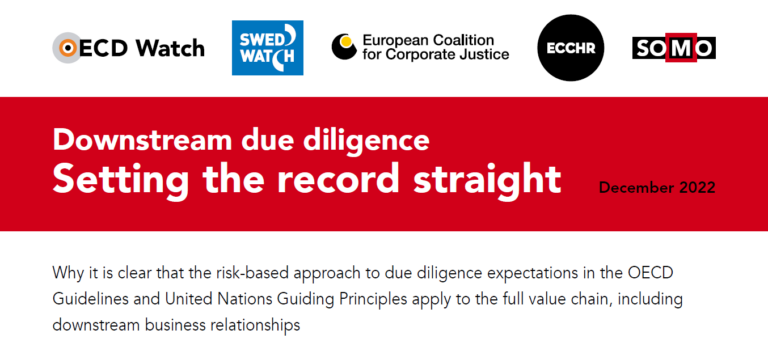
-
Groups react with dismay to FMO’s position statement on Financial Intermediaries, pointing to outstanding human rights and climate concernsPosted in category:Published on:Statement
-
A piece, not a proxy Published on:
 Joseph Wilde-RamsingPosted in category:Publication
Joseph Wilde-RamsingPosted in category:Publication Joseph Wilde-Ramsing
Joseph Wilde-Ramsing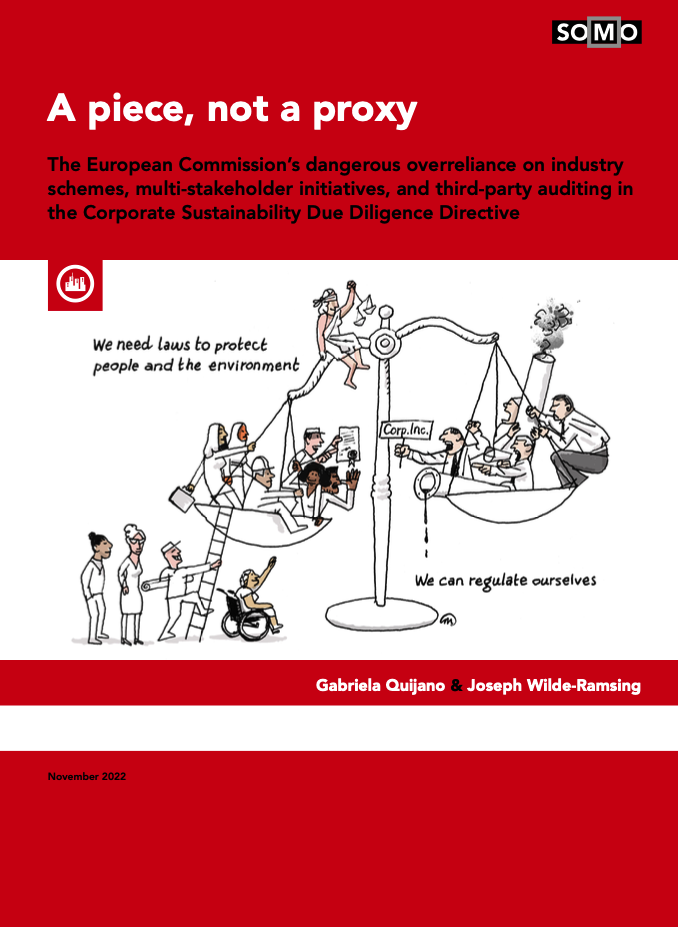
-
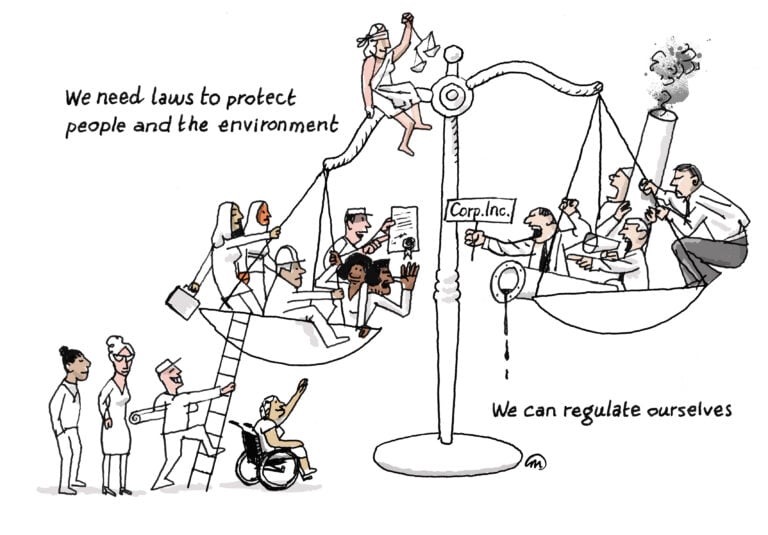 Industry schemes must not be part of the EU Corporate Sustainability Due Diligence DirectivePosted in category:NewsPublished on:
Industry schemes must not be part of the EU Corporate Sustainability Due Diligence DirectivePosted in category:NewsPublished on: -
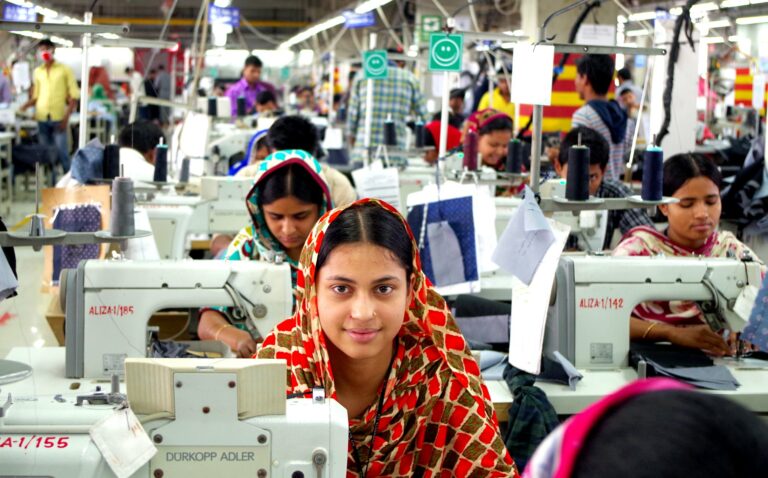 SOMO welcomes game-changing Dutch bill on mandatory due diligencePosted in category:News
SOMO welcomes game-changing Dutch bill on mandatory due diligencePosted in category:News Joseph Wilde-RamsingPublished on:
Joseph Wilde-RamsingPublished on: -
 Telenor and civil society move forward in mediation over digital security of Myanmar citizensPosted in category:NewsPublished on:
Telenor and civil society move forward in mediation over digital security of Myanmar citizensPosted in category:NewsPublished on: -
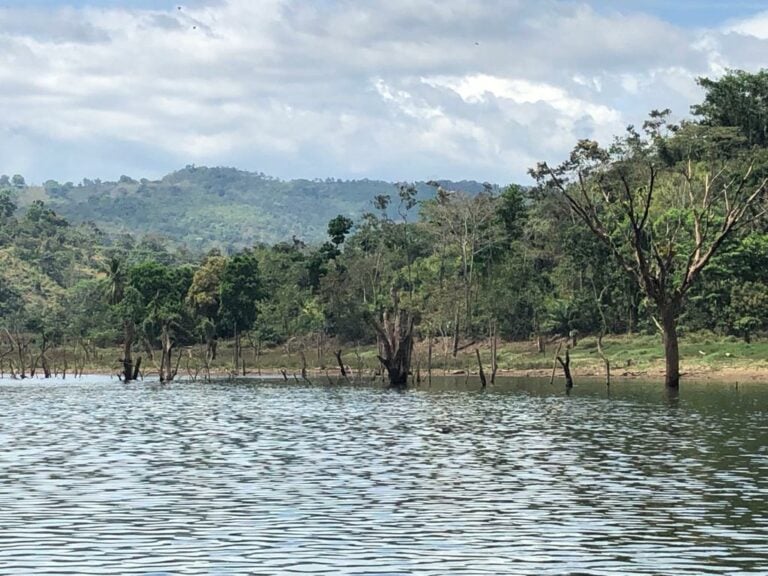 Independent research confirms FMO’s responsibility for destruction caused by Barro Blanco dam, recommends compensationPosted in category:NewsPublished on:
Independent research confirms FMO’s responsibility for destruction caused by Barro Blanco dam, recommends compensationPosted in category:NewsPublished on: -
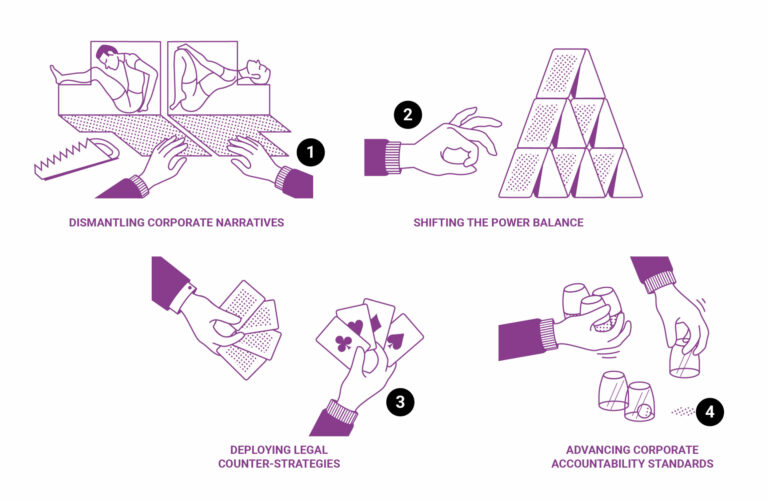 New civil society toolkit to counter harmful corporate strategiesPosted in category:News
New civil society toolkit to counter harmful corporate strategiesPosted in category:News Virginia SandjojoPublished on:
Virginia SandjojoPublished on: -
In solidarity with daughter of murdered Indigenous leaderPosted in category:Published on:Statement
-
FMO fails to meet best practices on financial intermediary lendingPosted in category:Published on:Statement

